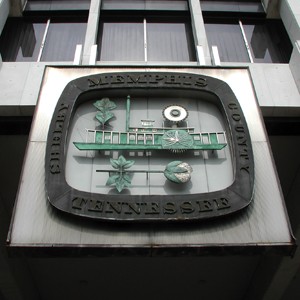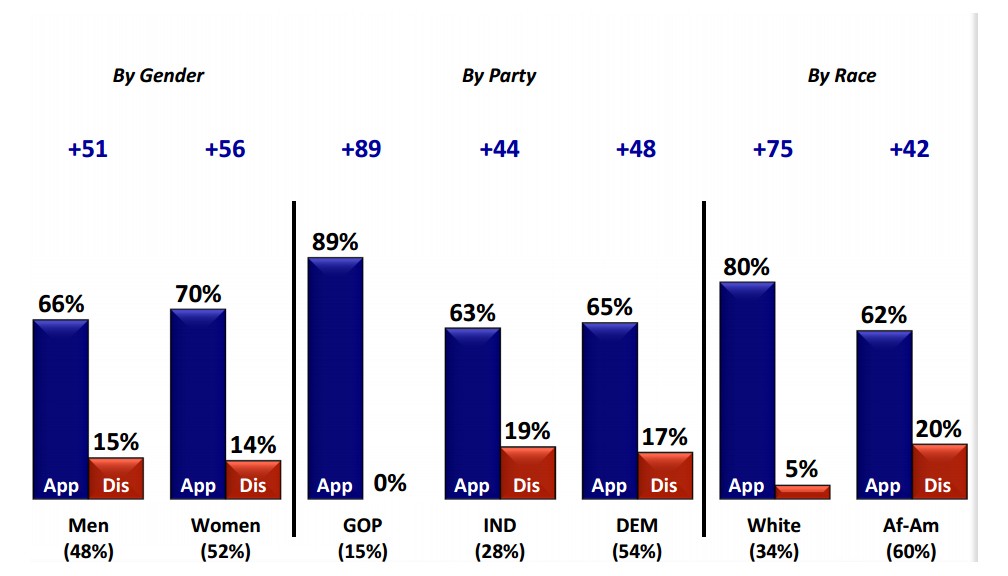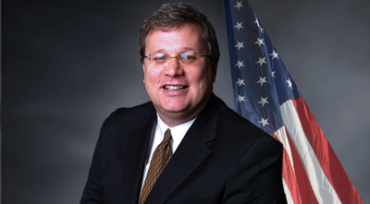Newly inaugurated Memphis Mayor Jim Strickland kept himself on solid ground with the electorate, and may have expanded his beachhead somewhat, with a post-swearing-in address on New Year’s Day that added significant new terms to the lexicon of his political rhetoric.
More so than in his campaign speeches, which hewed to his themes of public safety, action on blight, and employee accountability, Strickland made a conspicuous effort to broaden his constituency. His key passage: “Here on this day of renewal, this time of celebration, we must recognize that we are a city rife with inequality; it is our moral obligation, as children of God, to lift up the poorest among us.”
The mayor’s implicit commitment to social action was reinforced by specific promises “to expand early childhood programs,” “to provide greater access to parks, libraries, and community centers,” and “to increase the number of summer youth and jobs programs.”
• The year-end resignation of long-beleaguered county Election Administrator Rich Holden creates an opening that the Shelby County Election Commission must fill. Final deadline for applications to the newly vacated position is next Wednesday, January 13th, according to Janice Holmes, deputy administrator of Shelby County government.
One of those actively campaigning for the position is Chris Thomas, an employee of the Redwing public strategies group who has served previously as Probate Court clerk and as a Shelby County commissioner.
• In the ongoing movie series based on the fictional boxer Rocky Balboa, there was a never-ending stream of new challengers to Rocky’s championship title, each one with a plausible case to make for beating the champ, each one a loser finally, though usually after a bruising and suspenseful struggle.
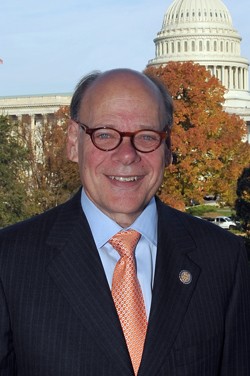
The difference between Balboa and 9th District congressman Steve Cohen, who, since first winning his congressional seat in 2006, has also faced a different contender for his title in each successive election season, is that Cohen has hardly ever been forced to raise a sweat in disposing of his opponents.
Nikki Tinker in 2008, Willie Herenton in 2010, Tomeka Hart in 2012, Ricky Wilkins in 2014: Each of these would-be Democratic primary claimants to the 9th District seat came into the race against Cohen with a show of credentials and a fair degree of ballyhoo. Each went down hard in the end, with Cohen’s edge against them on election day usually turning out to be somewhere between four to one and eight to one. (Wilkins fared better, losing only 2 to 1.)
Now here — as first reported in the Flyer‘s wrap-up edition of 2015 — comes another worthy looking to take the seat away from Cohen: State Senator Lee Harris, who previously served most of a term on the Memphis City Council and who had been, Cohen says, formally endorsed by the congressman both in his 2011 council race against Kemba Ford and his 2014 win over then-incumbent state Senator Ophelia Ford.
Harris has confirmed his interest in seeking the 9th District seat. If he runs, it would be his second try for the office. The University of Memphis law professor was, along with Cohen and a dozen or so others, a Democratic primary candidate for the seat in 2006, the year incumbent congressman Harold Ford Jr. vacated it to run for the U.S. Senate.
Harris didn’t fare so well in that maiden effort, finishing near the bottom among the 15 primary contenders, but his status was considerably enhanced by his council and state senate victories, the latter allowing him to become leader of the five-member Democratic Senate caucus.
If he enters the race, Harris has indicated his campaign would be of the generalized it’s-time-for-a-change variety, though he has taken issue with Cohen on the matter of the congressman’s opposition to Governor Bill Haslam’s Tennessee Promise program of subsidies for community college students, funded by using proceeds of the Hope Lottery. Cohen, who objected to the diversion of funds as favoring higher-income students over lower-income ones, was the guiding force behind the creation of the state lottery as a longtime state senator.
• The ongoing power struggle between the administration of Shelby County Mayor Mark Luttrell and an apparent majority faction of the county commission was apparently not subject to any time-outs during the holidays. Indeed, it seems to have intensified over the break — to the point of open warfare.
Two matters in December have pushed the combatants to the brink: 1) a December 18th hand-delivered letter from commission chairman Terry Roland to Luttrell threatening the mayor with “removal procedures” if he persisted in resisting a commission resolution appointing former Commissioner Julian Bolton as an independent attorney responsible to the commission; and 2) a bizarre circumstance whereby a Roland resolution seeking a transfer of the county’s budget surplus — a disputed amount running somewhere from $6 million to $20-some million —from the administration to the commission’s contingency fund reached the state comptroller’s office in a form that seemed to call for the transfer of the county’s entire fund balance of some $108 million.
The latter situation is being denounced by allies of Roland as nothing short of forgery committed somewhere in the administration before being transmitted to Nashville. After Sandra Thompson of the state comptroller’s office responded to Luttrell that the resolution featuring the larger sum was illegal, Roland sent a letter to Thompson charging that alterations had been made in his resolution, not only in the amount sought in the transfer, but in the enabling language of the resolution.
Roland’s letter included copies of both his original resolution, which — given a longstanding dispute between Luttrell and the commission — omitted any sums whatever, and what Roland called a “blatantly altered” copy that was sent to the comptroller’s office, which seemed to spell out a request for the transfer of the entire fund balance, which would be an astonishing demand, and which, noted Thompson, would leave the county without cash available to support spending in its General Fund and in potential violation of state law.
According to Roland’s letter, “When the altered document was brought to my attention I immediately contacted Harvey Kennedy, CAO, to address the issue and clarify my intentions. Mayor Mark Luttrell confirmed via a conversation with me that he was aware the document was altered. … I would never place Shelby County in [a] position where insufficient resources would be available to provide the cash flow needed for operations.”
Meanwhile, conversations and correspondence have flowed back and forth between commissioners and the administration, with the latter contending that a clerical error accounted for the apparent alteration in the resolution and Commissioner Heidi Shafer, a Roland ally in the struggle, concurring with the chairman that conscious skullduggery was involved.
Shafer sees a silver lining to the imbroglio, however. She believes that publicity concerning the matter has put the administration so clearly on the defensive that Luttrell will be willing to compromise with Roland on the independent-attorney issue — despite his statement, in a November 19th letter to Roland that he would stand by “a clear, unambiguous opinion from the county attorney that Resolution #16A [calling for Bolton’s appointment] violates the county charter.”
Roland and his supporters on the commission maintain that the charter mandates that the mayor is bound to implement the requirements of the resolution, which Luttrell vetoed but which was sustained in an override vote by the commission. The case of the altered resolution has earned itself a place for “discussion” on the commission’s committee agenda for Wednesday.
And at some point, even should the independent-attorney issue be resolved in compromise, the original point of rupture between the contending branches of government remains — a suspicion on the part of the commission that the administration is playing fast and loose with the fiscal totals it issues and refusing to submit to regularly scheduled audits.
That issue was apparently at the root of Roland’s wish for the transfer of surplus monies to the commission’s contingency fund.
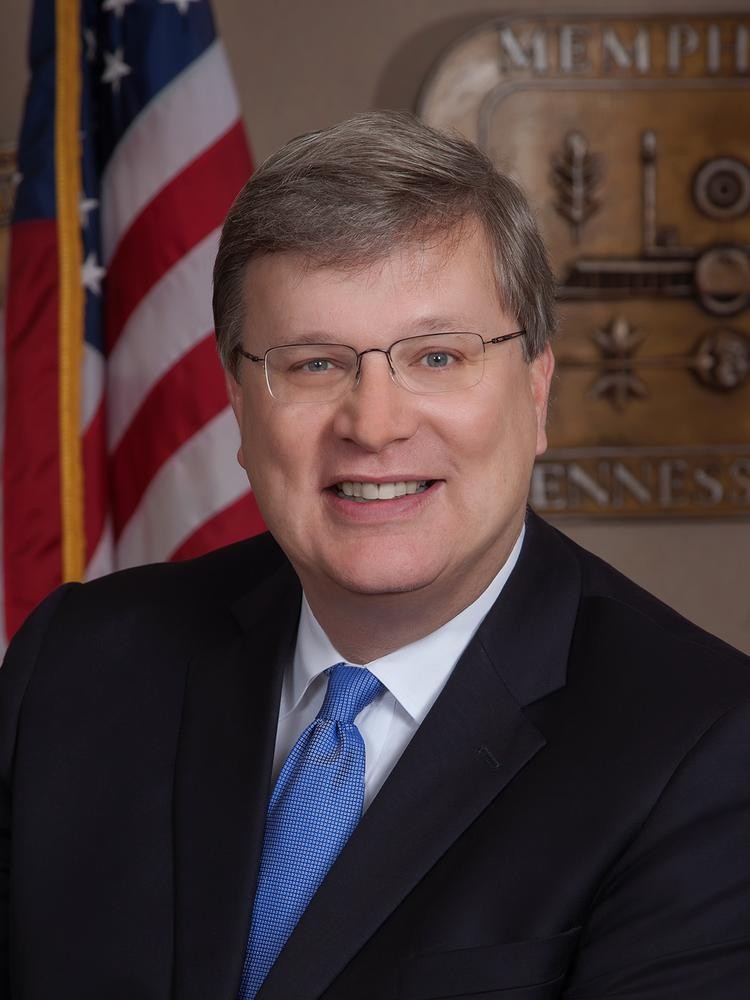

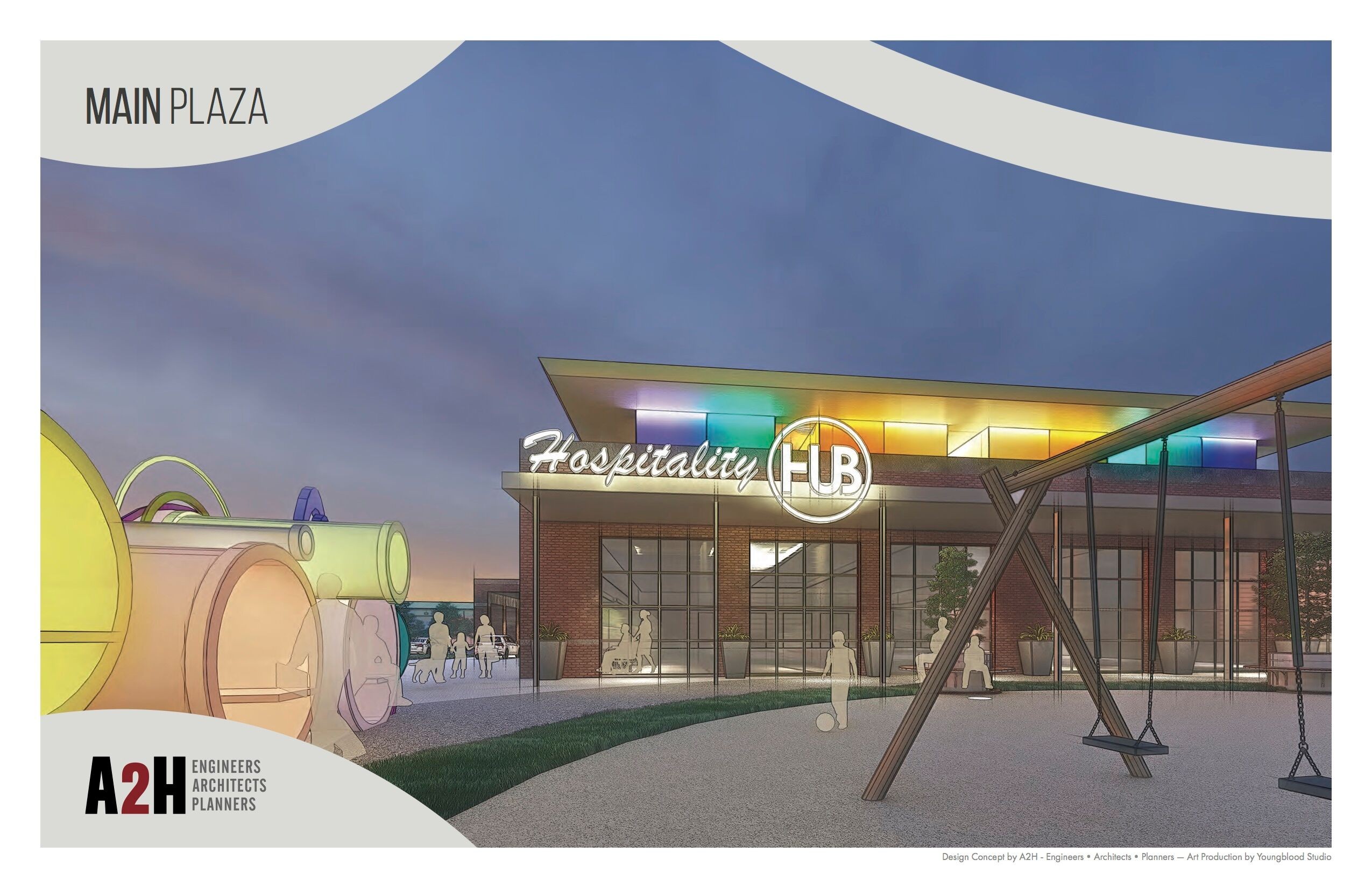 Full Build
Full Build 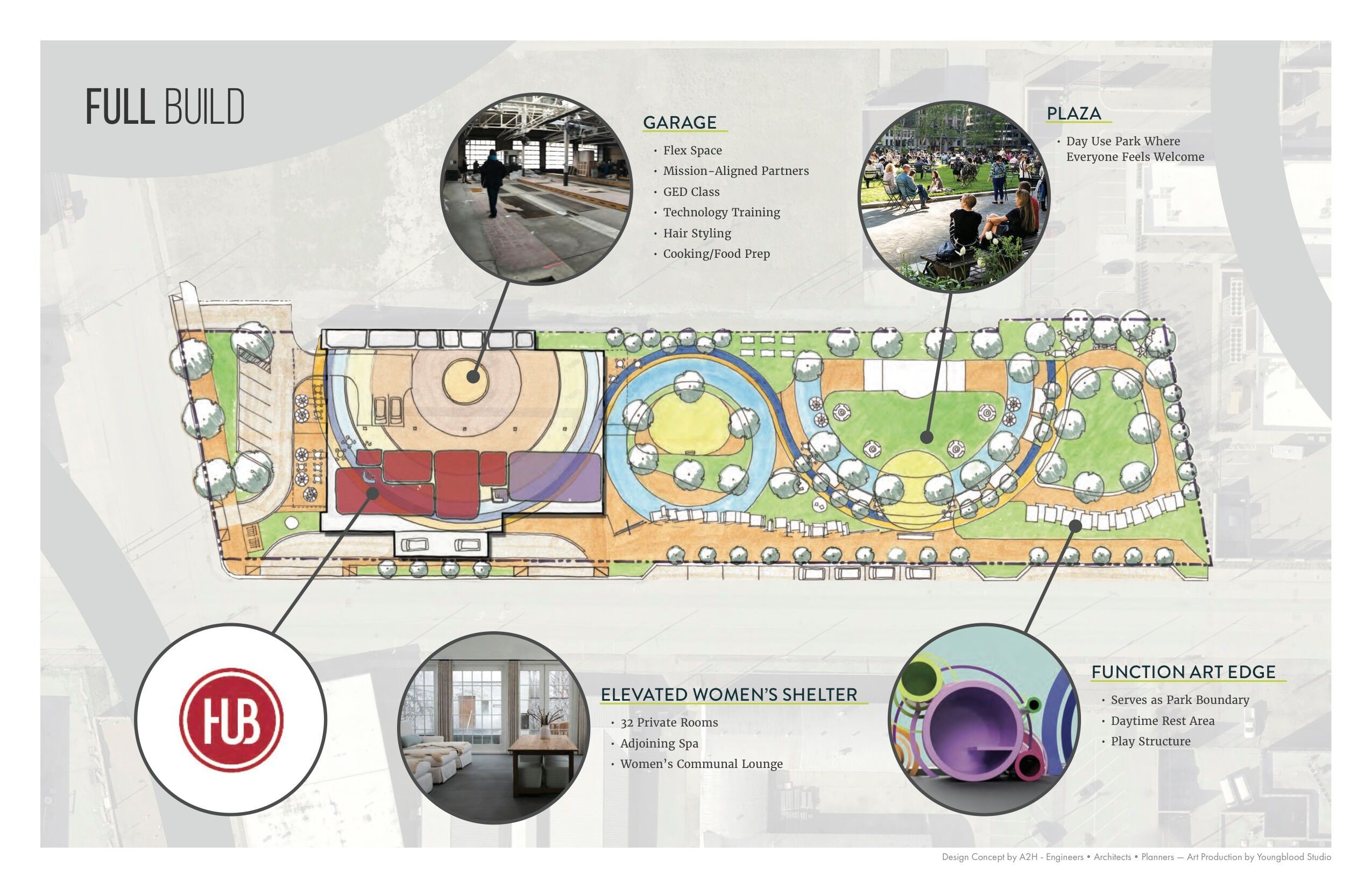 Full Build
Full Build 